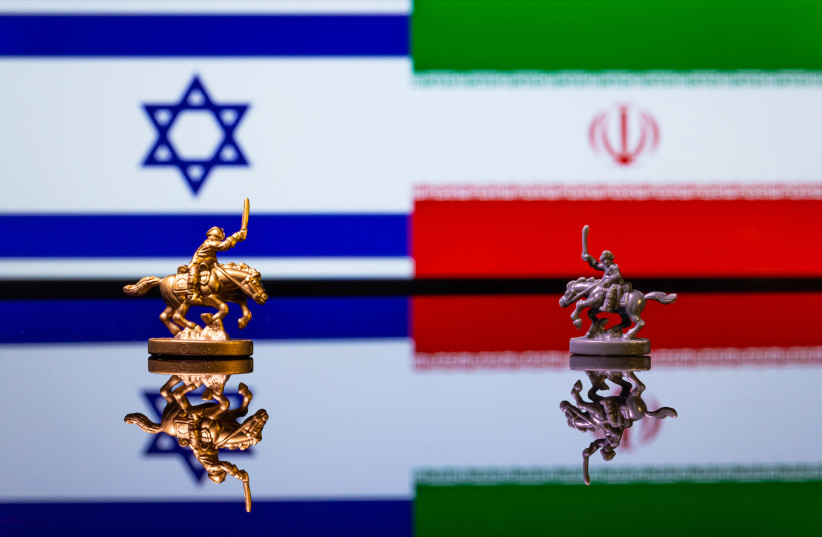Internal strife: Iran’s delayed retaliation to Israel sparks rift within terror proxies
Iran has angered its allies, particularly Hezbollah and Hamas, by once again urging caution in responding to Israel after the assassinations of high-ranking Hezbollah terrorist Fuad Shukr and Hamas political leader Ismail Haniyeh, the Kuwaiti newspaper al Jarida reported on Wednesday.
According to the report, while Iran has recently signaled a willingness to delay its response to Haniyeh’s assassination, a source within the Iranian Revolutionary Guard‘s Quds Force revealed to the Kuwaiti news outlet that a heated meeting took place on Sunday in Tehran between representatives of Iran’s regional allies and the Revolutionary Guard leadership.
This meeting exposed a significant rift, the report noted, which escalated into a verbal clash and ended with some allies storming out in anger.
The source told al Jarida that representatives from Hezbollah, Hamas, the Palestinian Islamic Jihad, various Iraqi factions, and the Houthis attended the meeting to coordinate a response to Israel.
According to the source, Revolutionary Guard representatives urged the allies to hold off on retaliation, at least until after the conclusion of hostage negotiations in Gaza, set to end on Thursday.

However, Iran’s allies felt that the timing was ideal to launch an all-out assault on Israel, even if it meant confronting those who defend it, including American forces in the region. The source noted that the Iranian delegation made it clear that pursuing such an aggressive strategy would ultimately play into Israel’s hands.
Allies debate targeting Israeli leaders
Instead, the Iranians proposed a “tit-for-tat” approach, according to al Jarida’s report, suggesting that any assassination of resistance figures should be met with retaliatory assassinations of Israeli leaders.
During the meeting, the Hamas representative demanded the assassination of Israeli Prime Minister Benjamin Netanyahu in retaliation for Haniyeh’s death, warning that Hamas would not support the Iranian proposal otherwise, al Jarida noted.
Hezbollah representatives, on the other hand, expressed concerns about the risks of continued restraint, fearing that some of their members might act independently and carry out uncoordinated attacks. They insisted that, following the attack on Beirut’s southern suburbs, it was time to retaliate by targeting Haifa and Tel Aviv.
The source also revealed Tehran’s growing concern that its allies might launch attacks without coordinating with Iran, forcing it to deal with the consequences – much like what Hamas did on October 7, but potentially on a more dangerous scale, according to al Jarida’s report.





Comments are closed.